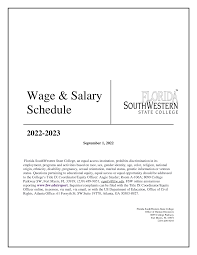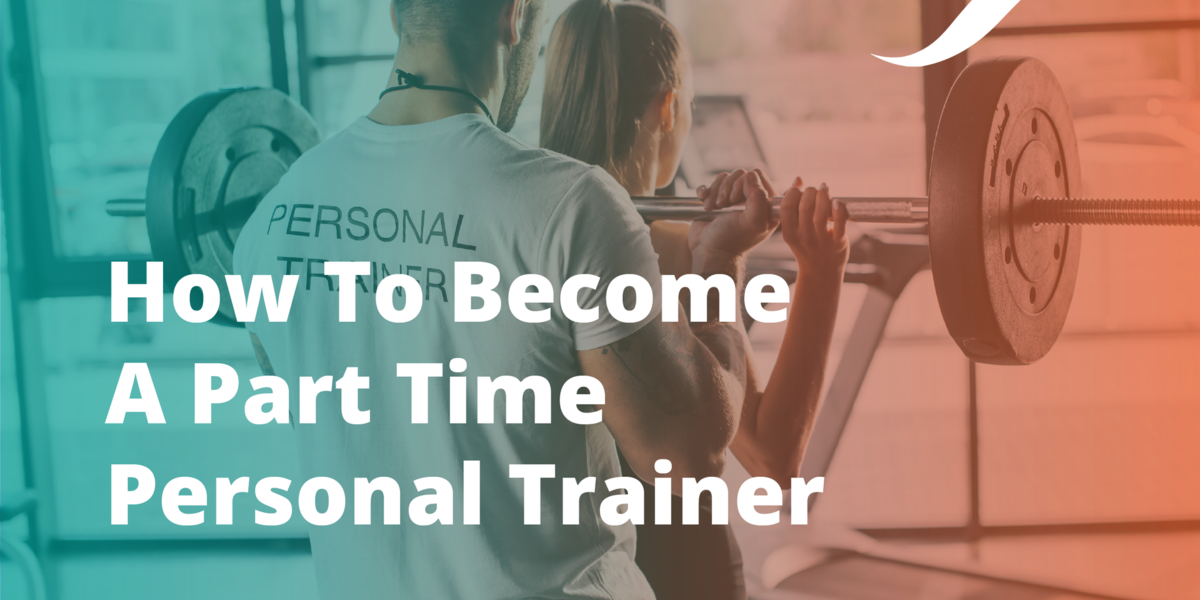
A great place to begin a career as a personal trainer is the commercial gym. These gyms can be very lucrative and offer a great opportunity to make a living. Some gyms permit personal trainers to find clients. Others will make it difficult for you to find clients. Either way, you can expect to make an hourly wage. If you're looking for a steady income, a commercial gym might be the perfect place to start. You'll need to be willing and able to work hard in both cases.
A personal trainer in the U.S. typically charges about $50 per session
Before hiring a personal trainer, make sure you do your research. A personal trainer who has a college degree or is certified in the relevant field should be able provide you with better training than someone who has little experience. The same goes for a new trainer. Someone with years of experience, positive testimonials, and more should be less costly than someone with little to no experience. New York City personal trainers should be charging around $120 an hour, while a Bronx fitness trainer would laugh at this price.

You can expect a little variation in the hourly rates for sessions with a fitness trainer, even though the range is similar. The National Academy of Sports Medicine and the International Sports Science Association have higher standards for trainers. If you're in Los Angeles, the average personal trainer charge between $25 and $50 per hour. You have two options: pay in advance or on the day.
The average personal trainer in the United States makes $78,000 per year
The gyms make a lot of personal training income. Most gyms split 50% of the fees between the trainers, and the facility. For an hour, trainers are paid between $30 and $50. This means that the trainer can earn approximately $44,000 annually while the gym only receives a fraction. This gives the trainer more financial freedom and allows them to make more money. A personal trainer is not a member of a gym's staff. Personal trainers in the U.S. make a much lower average salary than their counterparts.
The average personal-trainer in the U.S. is paid $78,000 annually. However, an average personal trainer makes $50-$100 per hr depending on their location and state. The average personal trainer's income is dependent on their ability to market and retain long-term clientele. However, a personal trainer does not need to own a gym to start a business. In fact, many gyms choose to contract with a personal trainer instead of hiring one on their own. An independent personal trainer's salary is often higher than one who works for the company.
Alternatives for personal trainer jobs
For those who are looking for personal training jobs near you, there are many options. One option is consulting. Consultants are similar to personal trainers but do not have to interact with clients. Instead of consulting one-on-1 with clients, you will consult on a range of topics, including niche building and marketing strategy. Consultations like this do not require face to face interaction nor expensive office space. Rather, you can conduct consultations through messaging apps, live video streams, and basic chat.

Personal trainers can also consider a management role. Although it isn't the most popular job option, managerial positions are readily available. These management positions may require additional training or certifications. These careers can be full-time or part time and offer greater flexibility than traditional personal training jobs. These careers can also be open to freelance work or entrepreneurial opportunities.
FAQ
Why is fitness so important?
Physical fitness is extremely important for our health. We must exercise regularly to maintain our weight, strength, flexibility, and cardiovascular system. Exercise helps you sleep better at night, reduces stress and improves self-esteem. It also increases your energy throughout the day.
What effects does caffeine have on my sleep patterns?
Caffeine has a significant impact on how fast you fall asleep and how deep you sleep. Caffeine induces drowsiness which makes it easier to fall asleep. However, caffeine can keep you awake longer and make it more difficult to fall asleep. Drinking coffee or energy drinks before bedtime is a bad idea.
What Are Resistance Training Exercises?
Resistance training can be done with weights or other objects. For example, lifting weights strengthens your arms, shoulders, chest, back, legs, and core. Resistance training builds muscle mass, increases bone density, and promotes greater overall strength.
Can I exercise after eating?
It all depends on the type of exercise that you are doing. Avoid strenuous exercise after meals as it can cause stomach cramps. Focus on light aerobic activities such as biking or brisk walking.
Statistics
- Adolescent girls were less active than adolescent boys, with 85% vs. 78% not meeting WHO recommendations of at least 60 minutes of moderate to vigorous intensity physical activity per day. (who.int)
- Physical activity confers the following maternal and fetal health benefits: a decreased risk of pre-eclampsia, gestational hypertension, gestational diabetes (for example, 30% reduction in risk) (who.int)
- An estimated 110,000 deaths per year could be prevented (cdc.gov)
- Globally, 28% of adults aged 18 and over were not active enough in 2016 (men 23% and women 32%). (who.int)
External Links
How To
How to Stay Fit at 40
This article helps those over 40 to keep their body strong and healthy. This article provides basic information on how to eat well, exercise, sleep well, and take care your mental health. This article gives tips on how to live longer and healthier.
-
Healthy eating habits are key to staying fit. You should avoid processed foods products and opt to eat whole grains, fruits, vegetables and lean meats, fish and nuts as well as beans, seeds, nuts and seeds. Don't be afraid to change your diet if the food you are eating is not what you prefer. This will not help you lose weight. Start incorporating small amounts of new foods into your daily diet. For example, if you normally only eat chicken breast, try turkey once weekly. Try rice occasionally if pasta is your favorite food. Make these foods part of your daily routine.
-
Exercise - Make sure to exercise at least three times per week. Include cardio activities like running, swimming, biking and dancing. Rest is also important. Sleeping for 8 hours per night is recommended. It is important to drink enough water throughout each day. Drink 2 liters (0.5 gallon) of water each day.
-
Get enough sleep to stay healthy. The National Sleep Foundation states that adults need 7-8 hours sleep per night to be in good physical and mental health. Most people only get 6 hours sleep per night. Changes in your sleeping habits can make you more tired. To catch up on sleep, you can adjust your sleeping habits to get to bed earlier and wake up later. Also, you might want to turn off your phone before bed in order to relax and wind down. Avoid caffeine after noon as it can cause insomnia.
-
Take Care of Your Mental Health. Taking care of yourself is key to maintaining a healthy body. Stress can cause poor eating habits and unhealthy lifestyle choices. Meditation, yoga, breathing exercises and relaxation techniques are all good stress management tools. Try to spend one hour of your free time doing something enjoyable. You can do this by going for a walk or reading, playing sports, listening to music, or watching TV.
These four tips will help you live longer, and be healthier. These four steps can help you achieve your fitness and health goals.